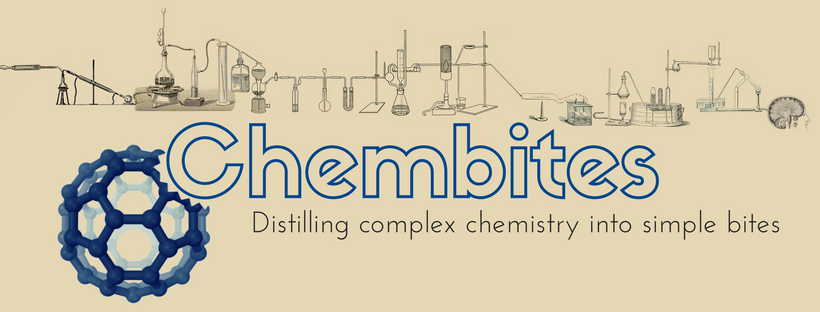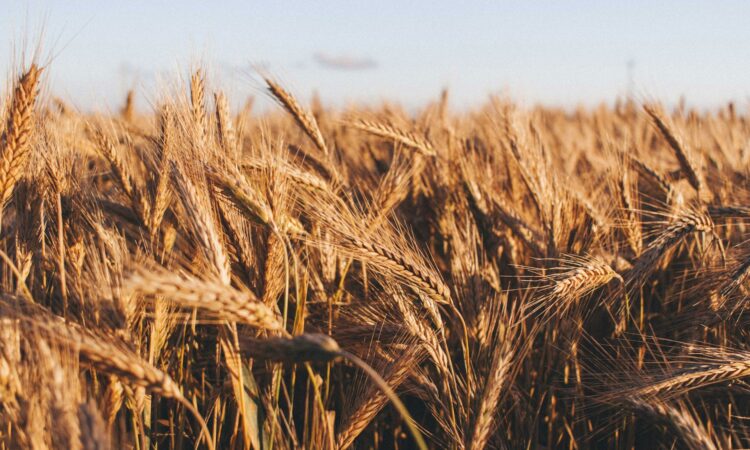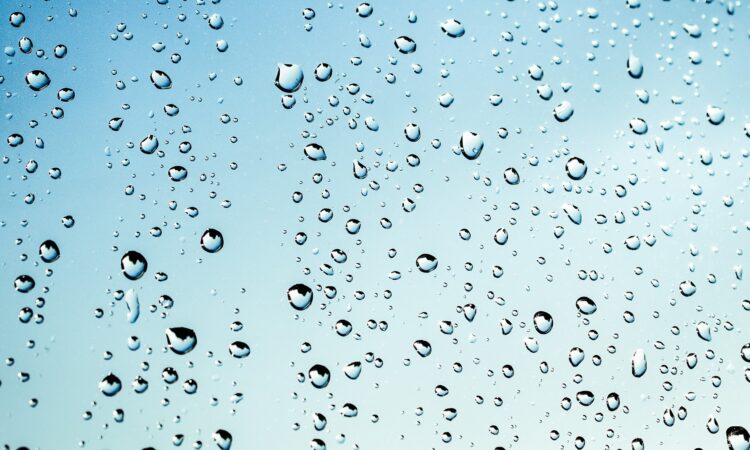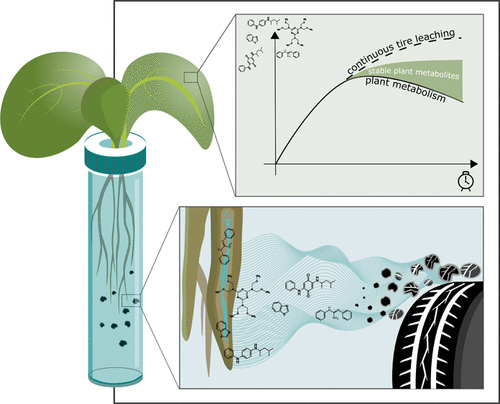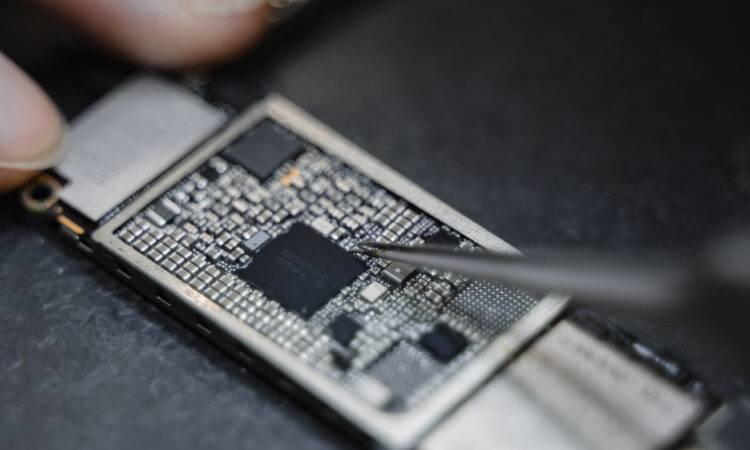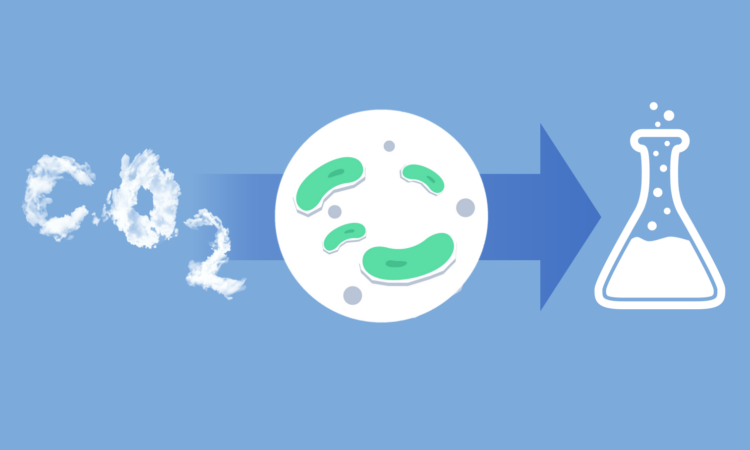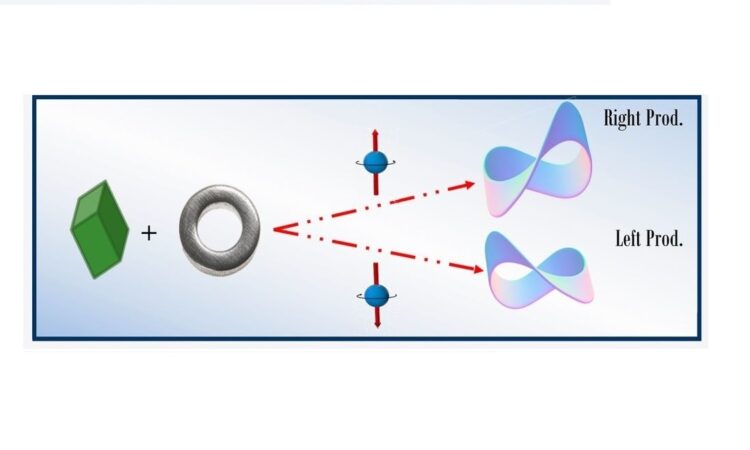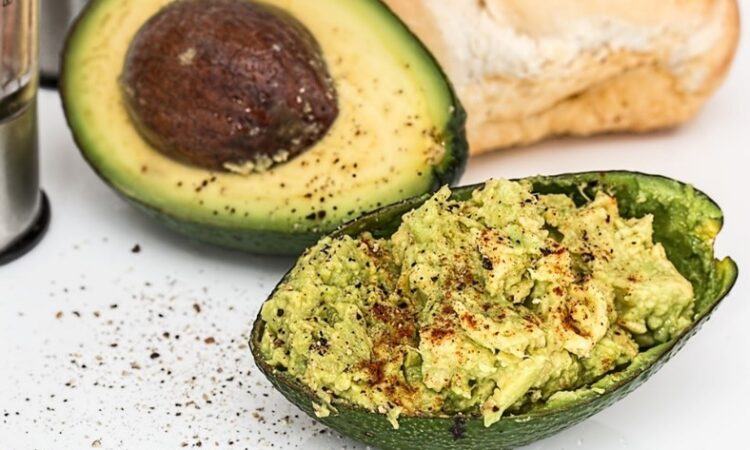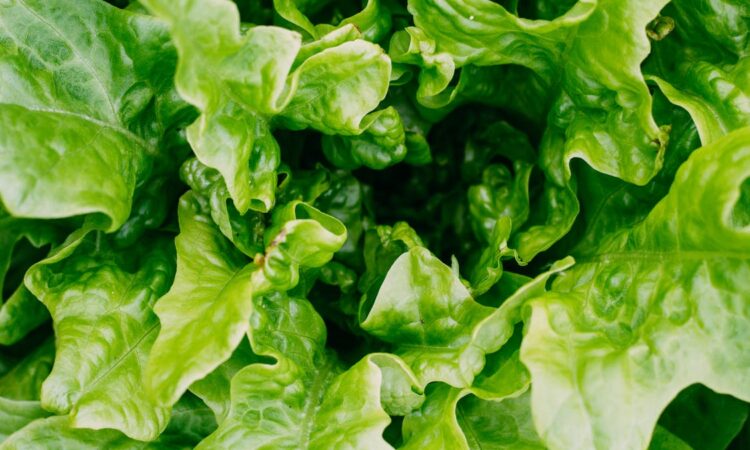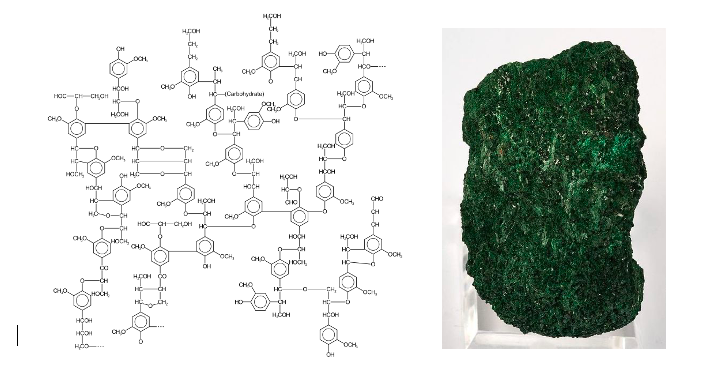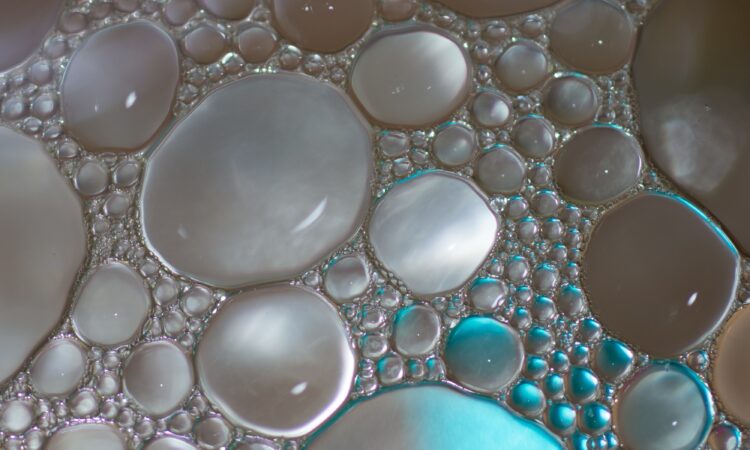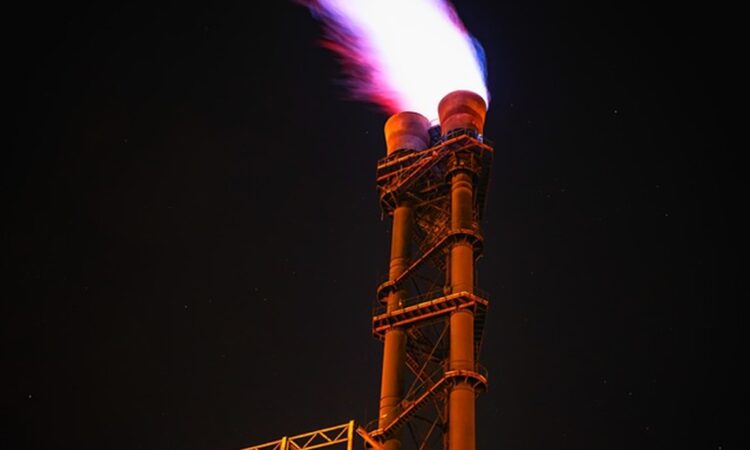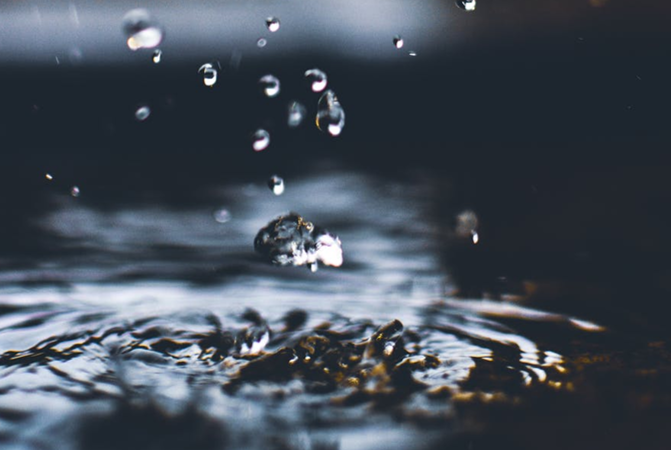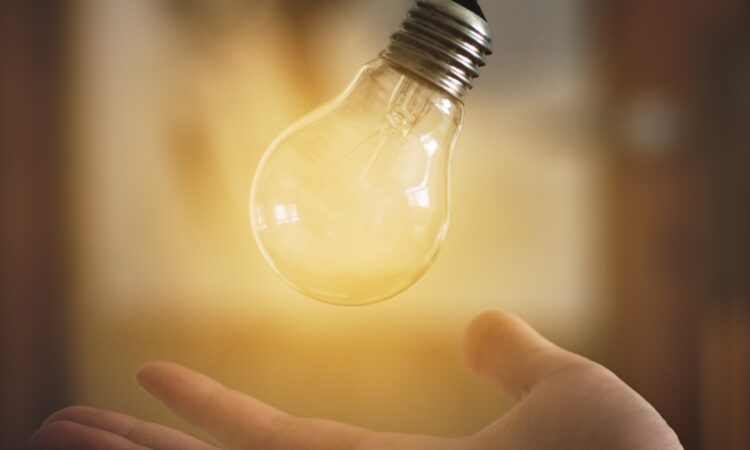Synthesis of lignin-derived materials provides an environmentally friendly alternative to common pesticide additives for plant development.
Dissolved Organic Compounds Under a Changing Climate
Efforts to understand the complex mixture of organic compounds in water from around the globe.
Pulling water out of thin air
Researchers have developed a new metal-organic framework that can harvest clean water directly from the air, even in arid climates.
Are you inhaling plastics?
Title: Microplastics in the atmosphere of Ahvaz City, IranAuthors: Sajjad Abbasi, Neamatollah Jaafarzadeh, Amir Zahedi, Maryam Ravanbakhsh, Somayeh Abbaszadeh & Andrew Turner.Journal: Journal of Environmental SciencesYear: 2023 Since the invention of plastics, humanity has found countless uses for this class of wonder-materials. From drinking straws to…
Tires in your salad? Lettuce absorbs pollutants from tire wear, study finds
Researchers show that lettuce plants can metabolize tire wear products into new compounds with unknown toxicities.
Wearable technology powered by your own body heat
Thermoelectric materials can convert heat into electricity, which gives us the possibility of charging smart devices as we wear them. The latest research is working to make these lightweight and flexible so make it cheaper and easier to power wearable electronic devices.
From harmful emissions to vital materials: how electrochemistry is making the most of carbon dioxide waste
Carbon dioxide can be converted into useful materials using electrochemistry. This is doubly advantageous, since we can stop carbon dioxide entering the atmosphere and also produce something useful that usually comes from fossil fuels.
Atmospheric chemistry to make you go OOOH!
Recent findings that reveal a previously neglected group of compounds in our atmosphere.
These Engineered Microbes Recycle Greenhouse Gases to Combat Climate Change
Scientists showcase a new, large-scale method to convert harmful greenhouse gases into commercially lucrative chemicals.
Electron spin selectivity effects can be harvested in asymmetric catalysis
A deeper understanding of spintronics enables the generation of new technologies using chiral molecules.
A Cheap Fix for Diffuse Methane
Converting methane to carbon dioxide could be a key strategy in tackling climate change.
Enzymes upcycle harmful plastics into helpful antimicrobial agents
Enzymes and bacteria can be used to degrade plastics into chemicals useful for antibacterial coatings
Upcycling Plant Matter
Avocado peels and uprooted invasive plants can become a source for anti-inflammatories. I’ll toast to that!
Combining Biomass and Carbon Dioxide Feedstocks Can Cut Polyurethane Emissions
Carbon dioxide and biomass combinations can reduce the carbon emissions of polyurethane production, but has negative effects on other environmental parameters.
What captures carbon?
What technology is currently in use to remove carbon dioxide from the atmosphere? What technologies lie ahead to help us catch up to our emissions?
More than SPF: Some Common Sunscreen Ingredients to Avoid
Buying sunscreen? Take a look at the ingredients list first.
Intimidated by a paper title?
Sometimes we see a paper heading and freak out, put the paper away and never return to it. But don’t worry if that’s the case, we’ve got you…
EFFICIENT CHEMISTRY BEHIND THE OLED SCREENS
OLEDs are earth-friendly, energy-efficient, all while being ultra-thin, flexible, and lightweight. They are the future of ultra-efficient lighting. Researchers are now coming up with new techniques to fabricate such sustainable and efficient OLEDs.
Antibiotics in our food?
Antibiotics are all something we have all taken at one point or another – but how many of us wonder about what happens to those antibiotics next? When we stop and think about it, we might start to realise how our actions are unintentionally impacting the environment around us.
Environmentally Safe Pesticides Made from Copper and Paper-Making Waste Products
Copper concentration in pesticides can be decreased by combining copper with lignin, a waste product from paper manufacturing.
Want more fertile crops this harvest? Add animal bones to your cauldron
Sustaining the world’s population requires finding creative new ways to boost food production
Reactions in Droplets: New Ways of Producing Hydrogen Gas
Developing new ways to produce clean alternative energy sources is of paramount importance. Let’s find out how researchers are using reactions within droplets to produce hydrogen gas, a clean energy source.
Can chemistry overcome incompatibility?
A new way to have incompatible reactions occur in spatially separate regions of a liquid to create methanol from methane.
The Smell of Rain Has a Biological Function
The earthy smell of soil originates from the bacteria that live there. But why do they produce this particular scent?
In Thin Air: Studying Reactions in Levitating Water Droplets
The power of levitation isn’t just for magicians anymore. Learn about a new way of examining water droplets as they float in midair using just sound!
